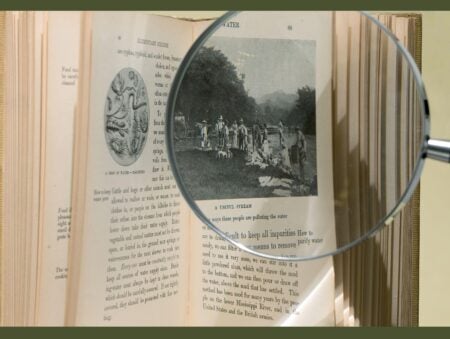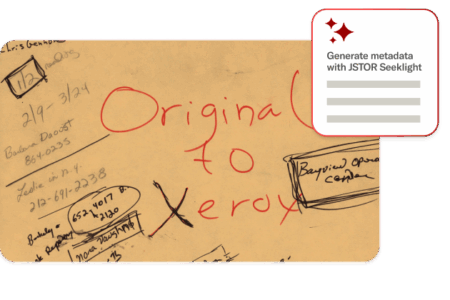What is a collections processing tool?
Roger Schonfeld introduces the concept of a collections processing tool—a new, community-driven system that reimagines how special collections are described and discovered. With JSTOR Seeklight, this approach uses digitization and intelligent recognition to make archives more accessible and impactful.









